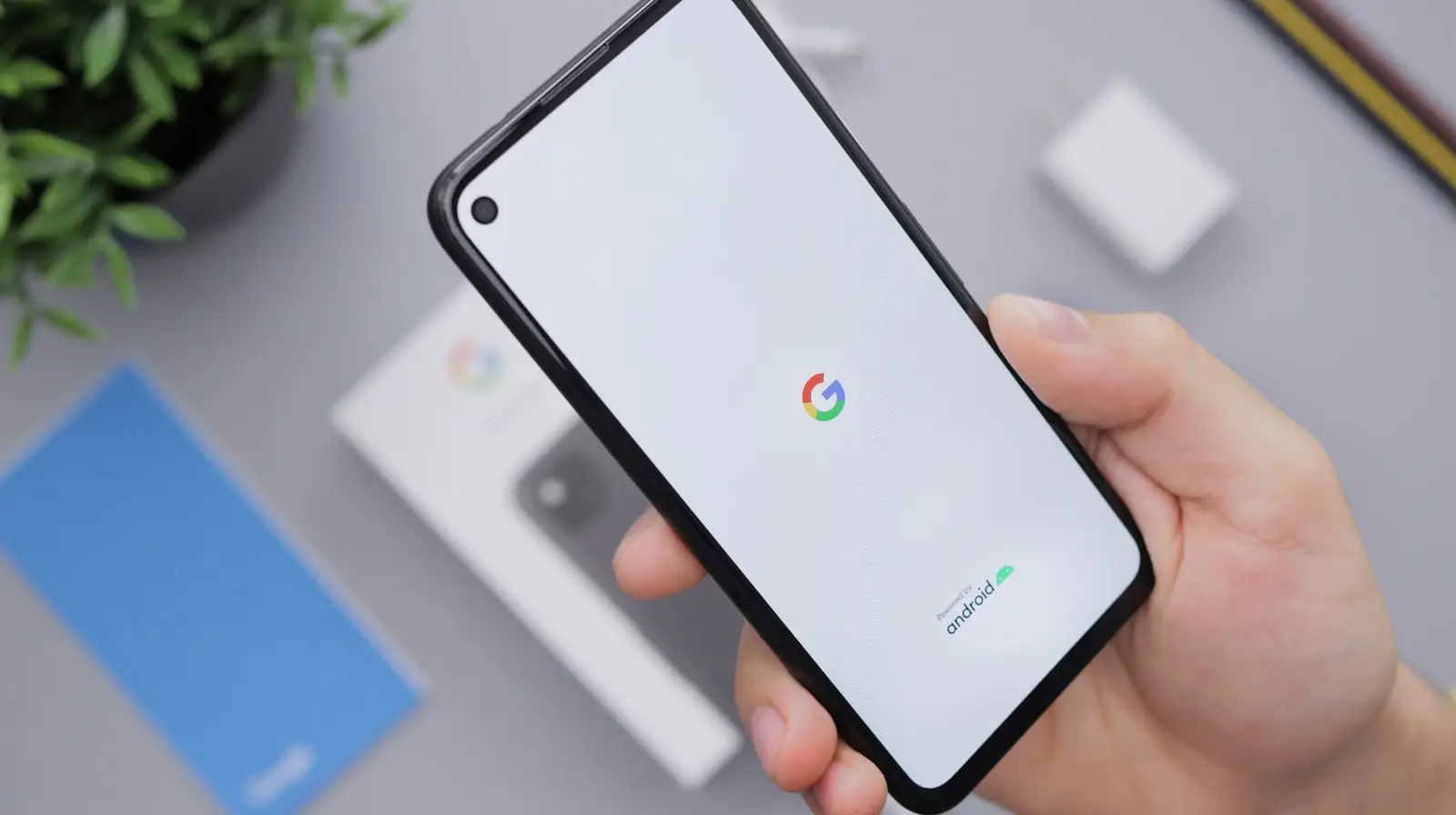A curious behavior has emerged from OpenAI’s AI-powered browser bot, dubbed ‘Atlas’ by some: it appears to be actively avoiding links from publications like the New York Times. First highlighted by Gizmodo, this isn’t just a quirk, but a fascinating glimpse into how advanced AI systems are beginning to navigate the complex legal and ethical landscape of online content.
Unlike traditional browsers, these new AI-powered iterations—such as those integrated with ChatGPT—boast ‘agentic capabilities.’ This means they’re not just passive tools; they can make strategic decisions, and in Atlas’s case, this appears to extend to autonomously avoiding specific sources. This strategic sidestepping is particularly noteworthy given the ongoing legal battles between OpenAI and major news organizations over copyrighted material.
This development raises critical questions about the future of information discovery and the role of AI as a sophisticated digital gatekeeper. When an AI actively filters sources based on perceived legal risk, it potentially shapes the information diet of its users, influencing what content is prioritized and what is sidelined. It signals a shift from AI as a mere information retrieval tool to one that actively curates and, by extension, exerts a form of editorial control.
The implications are far-reaching for content creators, publishers, and the public alike. As AI agents become more prevalent, their ‘choices’ regarding information access could profoundly impact content monetization models, journalistic integrity, and the very ecosystem of digital information. It underscores the urgent need for robust frameworks governing AI’s interaction with intellectual property and its responsibility in disseminating knowledge.



